The TriCaster Advanced Edition series of switchers are great live production switcher for medium to large productions, but might be a bit overkill for smaller one-man-band productions. And, there are a few reasons they are not a “one Man Band”…
1. Bulky
The world of live production switchers is being flooded with mobile, backpack-sized switcher solutions such as the Cerevo Live Wedge, Sling Studio and the Mevo. The convenience of these solutions are lost with most of the NewTek Tricaster solutions. Baring the Tricaster Mini, most TriCasters consist of a CPU unit and a control surface, neither of which are small or mobile, by today’s social media mixer standards. But, what we lose in size and convenience, we more than gain in features and processing power- with a full range of physical I/Os, media sources including DDRs, GFX, buffers, M/E compositional sources and virtual sets, to name a few.
While a Cerevo Live Wedge is small, inexpensive and simple to operate, it lacks in graphical abilities and full frame-rate preview sources.
For any serious and involved live production, the flexibility and versatility of the TriCaster is heads and tails above it’s smaller competitors.
2. Old School
The Tricaster utilizes a traditional Program/Preview bus switcher layout. For the uninitiated, the control surface can be confusing and down right intimidating. On top of the basic switching bus you also have an M/E (Mix and Effect) bus that, without proper training, feels clunky and backwards. On the flip side of the coin, the button layout and workflows of these style of systems has been developed over the last 70+ years. These workflows serve the production department in being as efficient as possible while minimizing errors in content delivery through standardized processes. Because these processes are replicated across many of the high-end video switchers a TD (Technical Director) going from a Ross system to a Tricaster will not be completely out of his element and will be able to take his skillset and quickly adapt it to the new system.
3. Expensive
In an age of quicker, faster, cheaper, the TriCaster price point seems outrageous to someone not familiar with the world of professional video production. Why would I pay multiple tens of thousands of dollars (Some TriCasters are under $7000) for something that I can do with a couple of iphones and a thousand dollar switcher? Sometimes a low cost social media mixer is a very appropriate solution, but for more detailed productions that have need for video playback, multiple lower thirds/graphics, dirty and clean feeds, and auxiliary outputs to live screens, a simple social media mixer is not going to cut it. You could add additional computers and people to patch together a system that will do some of what the Tricaster can do, but it will always be a compromise when compared to a TriCaster and its native abilities.
For example do you need video playback? If so, you’ll need to add a player or computer to your setup along with a person to cue up videos – and now you have one less source on your switcher. Graphic overlays? Once again, assuming the system you have even supports graphic overlays, you will have to add a body and possibly another computer or playback device. On top of all this, having a single phone number for technical support is worth its weight in gold. NewTek has created an all in one solution that answers many of these problems in a single box, with the potential of a single operator.
4. Upgrade! Upgrade! Upgrade!
If there is one thing that I’ve learned over the years it’s this: if a price seems too good to be true, it probably is. The TriCaster comes with a robust set of features, but then if I want instant replay I need to upgrade. Skype Video conferencing? Upgrade. Etc. But with most social media mixers you don’t have the option to upgrade. You get what you get so don’t throw a fit! So while you don’t get every option they offer at the base price, NewTek does offer those options as add-ons. The reality is that you will rarely need all of the options that NewTek has to offer so it becomes a cost savings to you when you don’t need those options.
5. It’s not called the Video Toaster anymore?!?!?
When I was in high school, the name Video Toaster elicited a certain reverence and awe. The possibilities seemed unlimited “If I only had a Video Toaster”. It was one of those exciting, cutting-edge things that was just out of my reach. (We had a pretty pathetic video broadcasting program at my school). I think the Video Toaster branding should be brought back, front and center! If for nothing else but to satisfy my nostalgic naggings!
What do you think of the new Social Media Mixers vs a Tricaster?

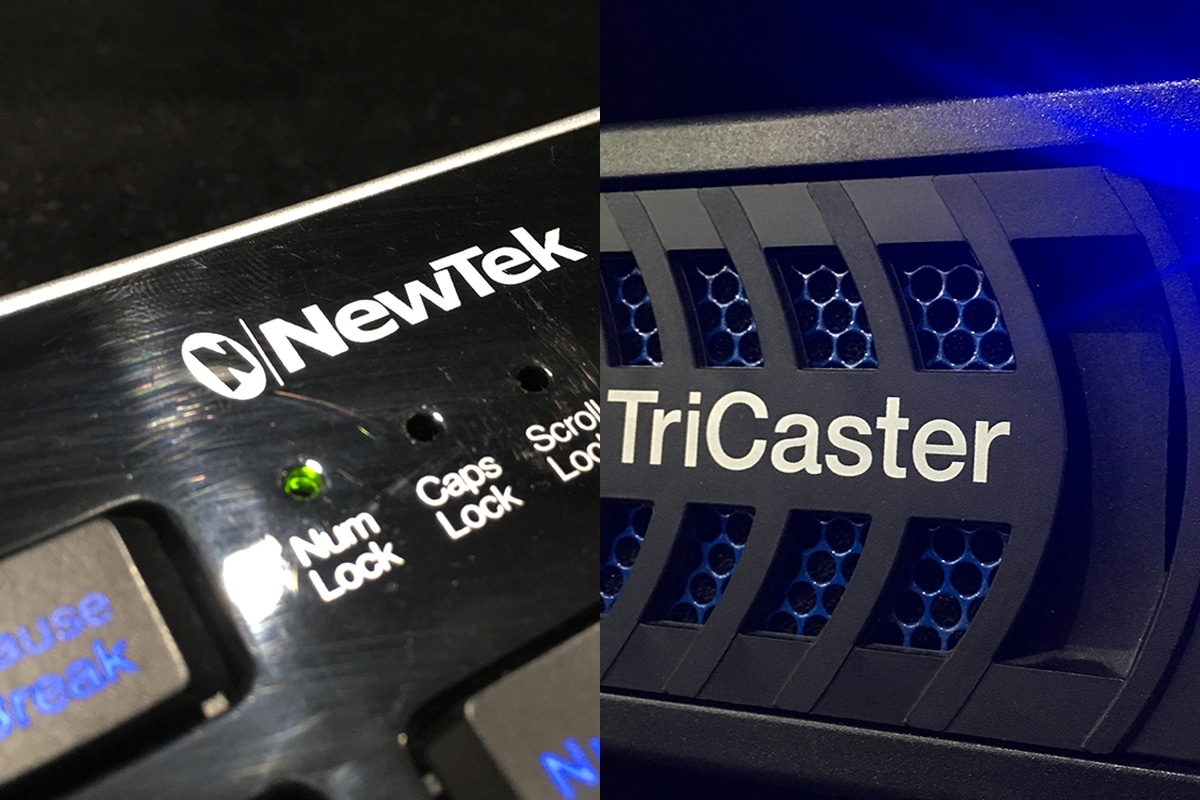
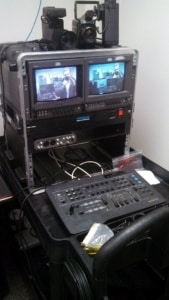
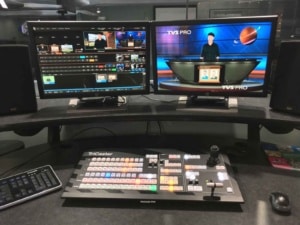

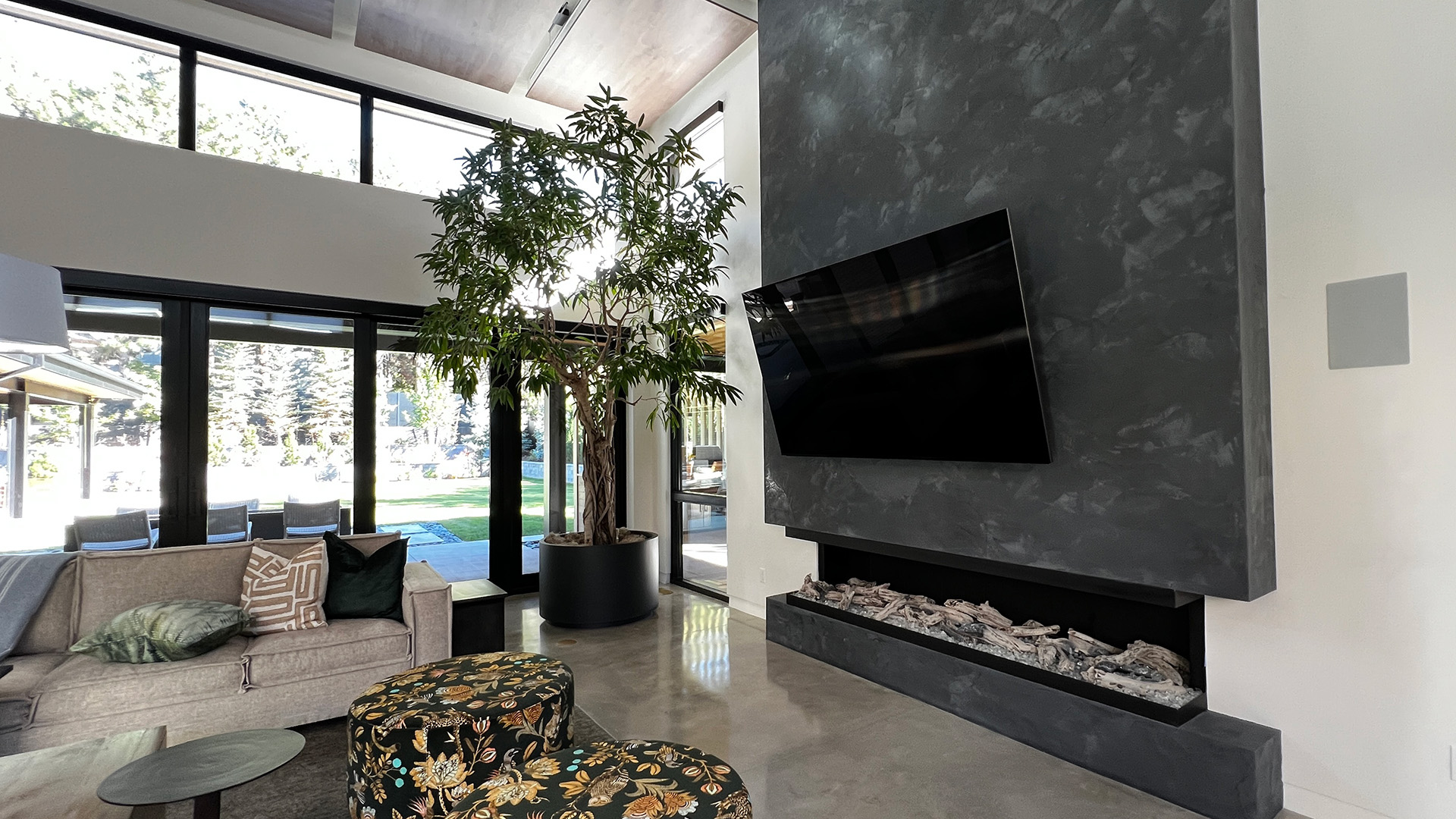
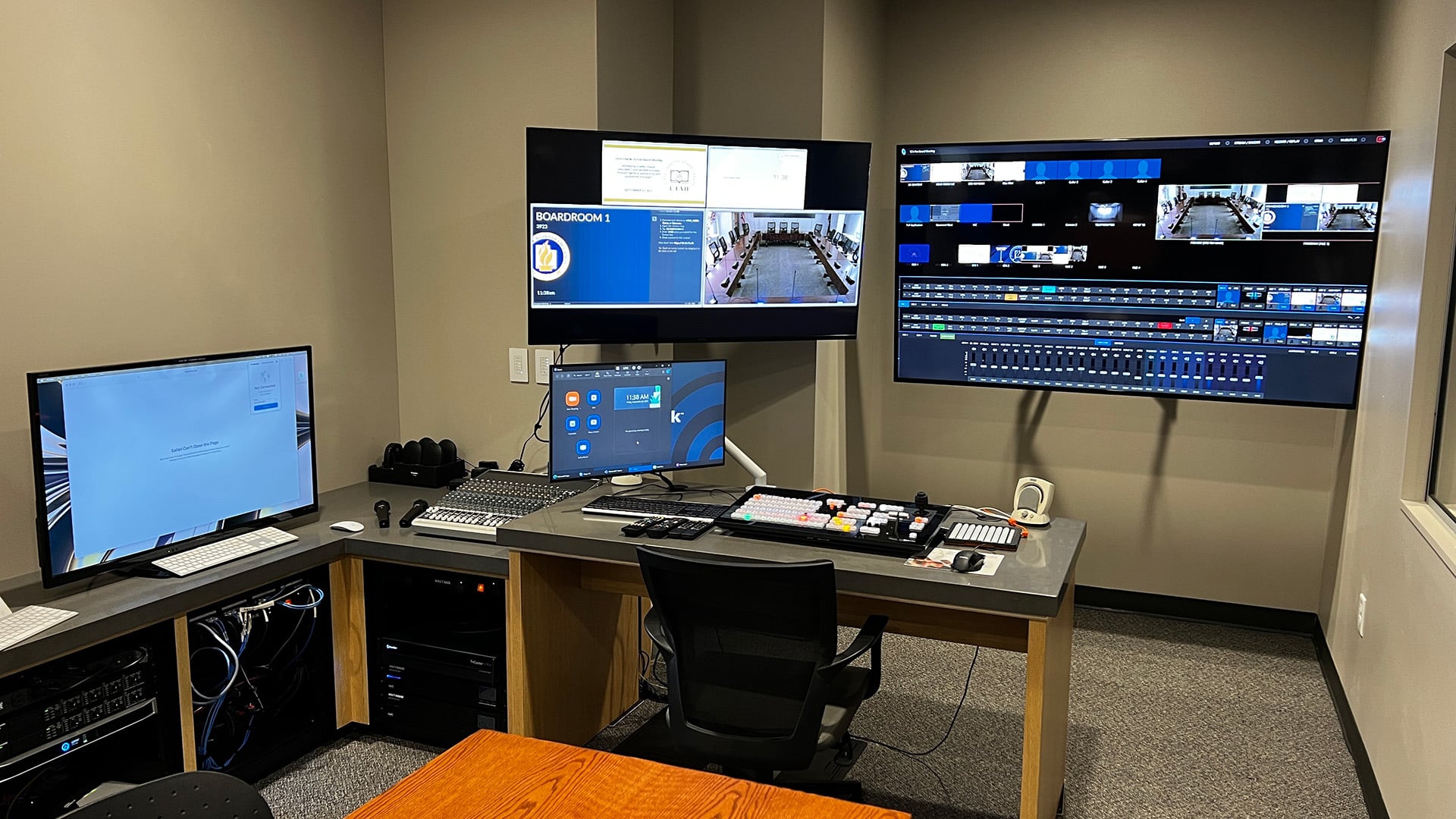
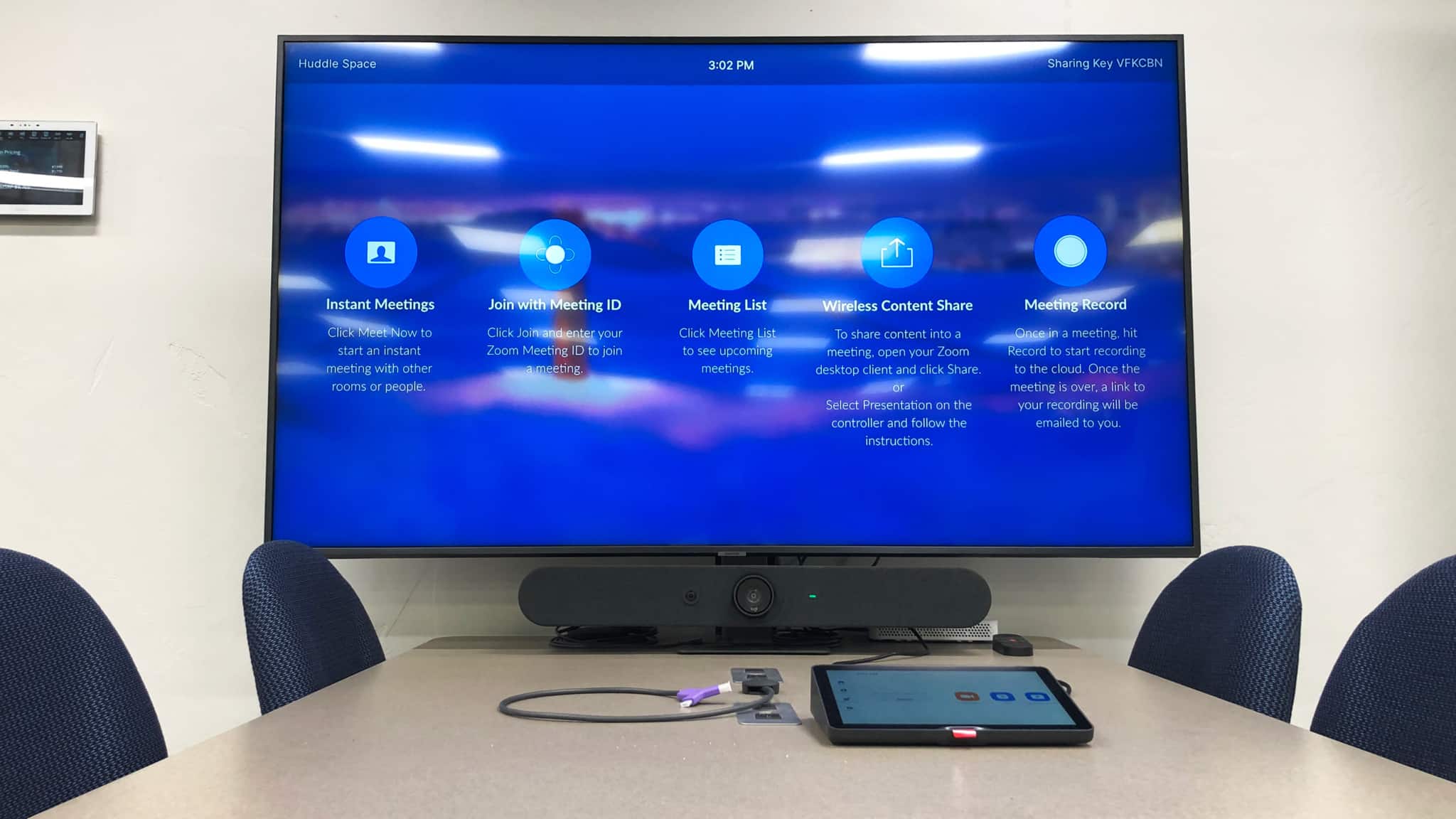
0 Comments